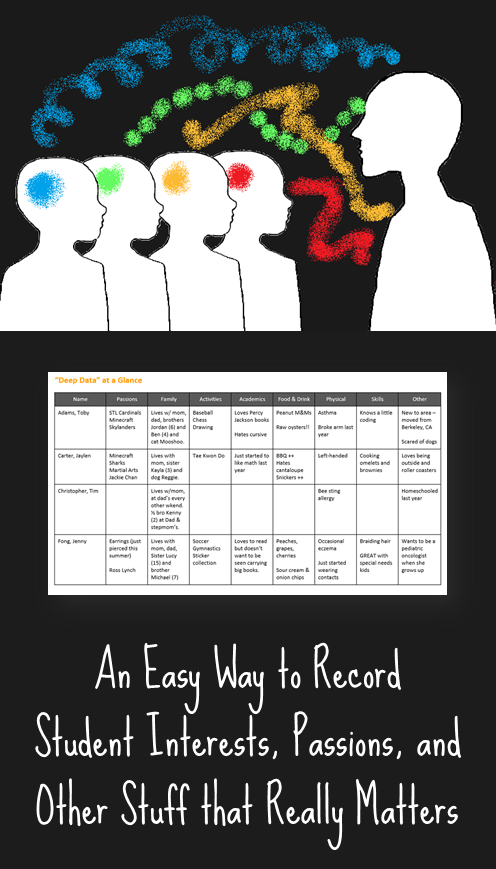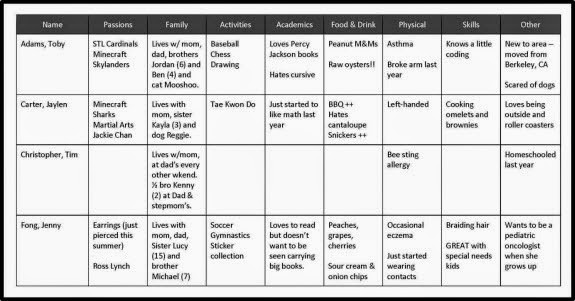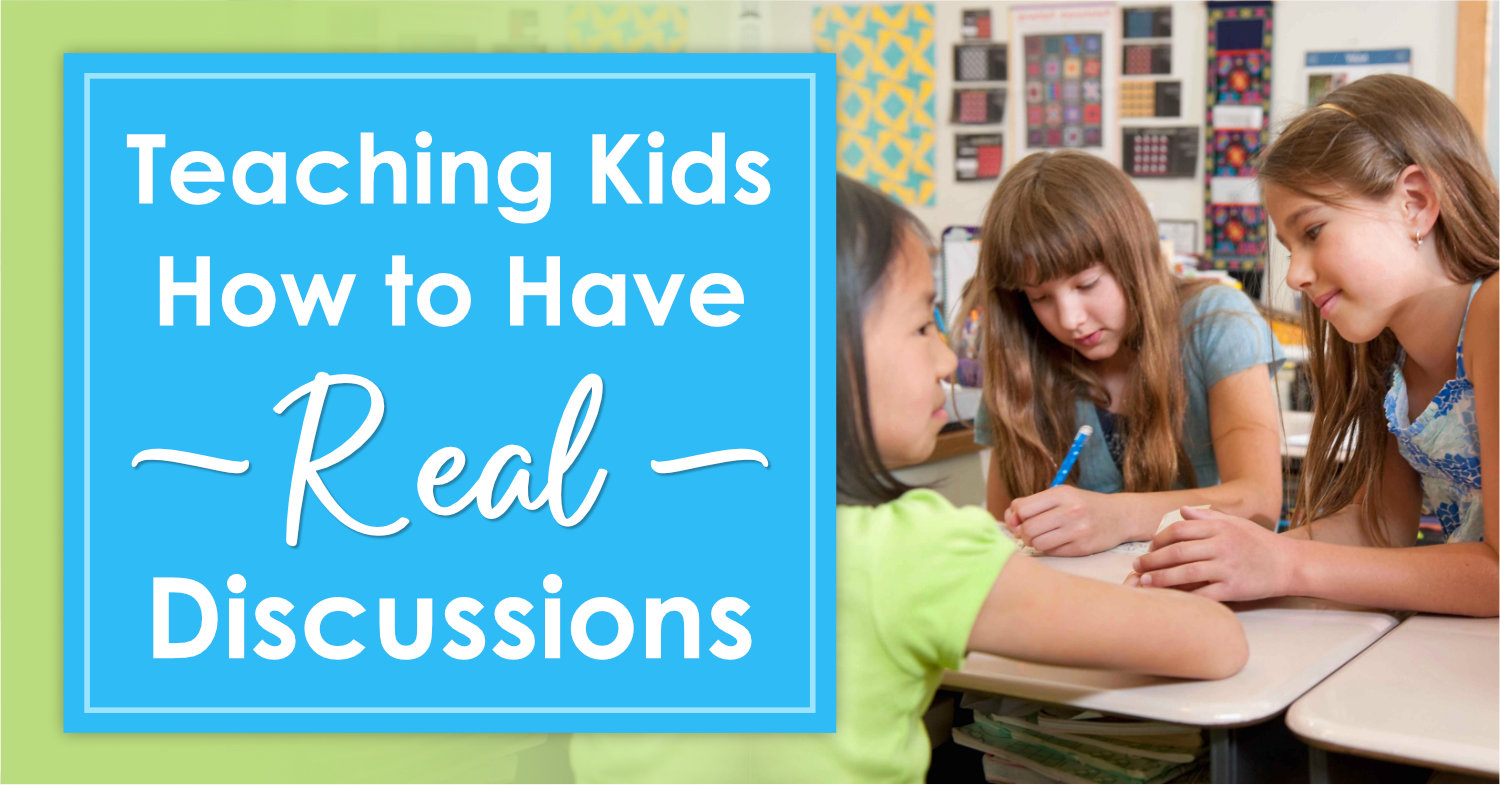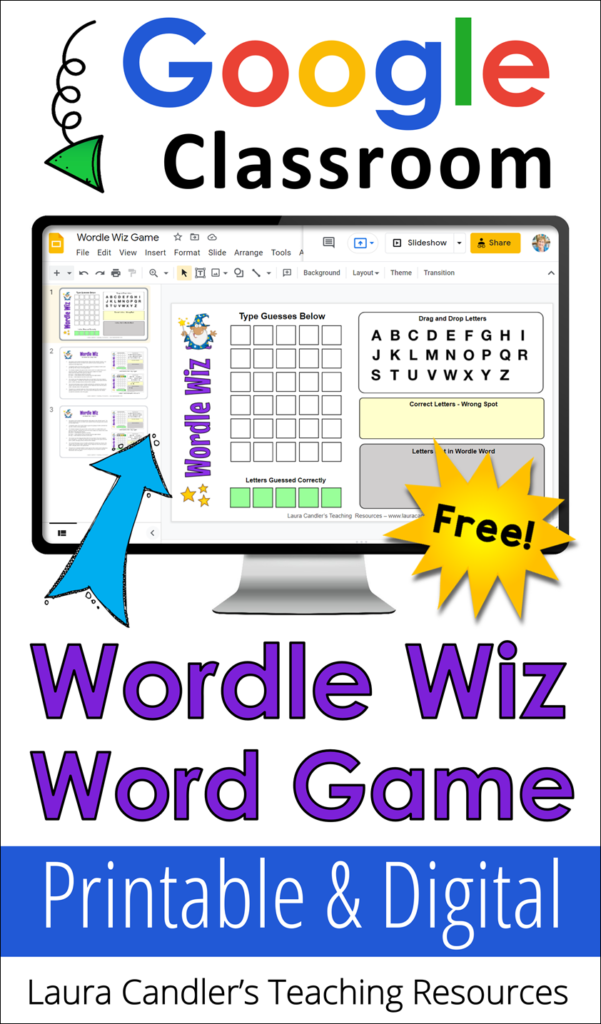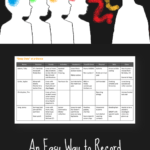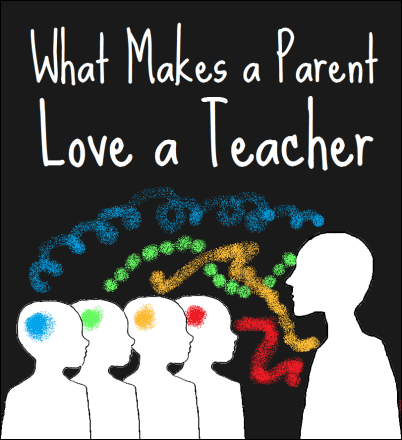
The note from Mrs. F. came home two weeks into the school year: I’d like to talk with you about how we can make reading time more challenging for Ruby. When can we meet?
Although I knew my daughter was an advanced reader, I had accepted that it would always be up to me to ask for this kind of differentiation. The conversation had never been initiated by the teacher.
Thus began my year of absolutely loving Mrs. F.
I know a lot of teachers, and I know that a lot of their energy goes into things like setting up classrooms, finding new materials and activities, learning new technology, and downloading beautifully designed templates and worksheets. All of that is good and important: The more efficiently your class is run, the more hands-on your activities are, the more welcoming your classroom is, the better the year will be.
But all of that pales in comparison to this one thing. The thing you could do in a bare cinderblock room with no electricity and no more technology than a stick for writing in the dirt floor. The one thing a teacher can do that makes a bigger difference than all those other things combined:
That’s it. This knowledge can manifest itself in so many ways: You can know their academic skills, their allergies, their family, their moods, their quirks, any and all of these things. Just know my child, and a lot of other stuff just falls into place.
It Makes a Difference
My kids are currently in grades 2, 3, and 5. As a family, we have experienced a combined total of twenty different teachers, including preschool teachers and those who teach their “specials.” So far, what has made a few stand out far above the others is how well they get to know my child.
Do other parents feel the same way? When I ask my friends with kids what makes them really love certain teachers, their responses vary in some ways, but one element is always present; “know my child” is always at the core. Here are just a few examples:
From a mother of two: Some of my favorite teachers have been those who were interested in my children and made them feel important. The best one made me feel like my kids were the only kids in her class – she knew them so well – but every parent thought that. The kids wrote in journals every day and she’d read them all – every entry– by reading four or five a day – and respond to what the kids had written. To this day, those journals are among my most treasured keepsakes from their elementary years.
From a mother of four: Over the years the teachers that stood out were the ones that really put forth the effort to get to know not only my kids but all their students. Those are the teachers my kids still talk about.
From a mother of three: I love it when a teacher “gets” my kid.
Putting in extra effort to really know your students also benefits the teacher. When I taught middle school, knowing my students well helped prevent a lot of behavior issues. If Melissa shared her recent family issues with me, I was gentler with her when she got off-task. If I learned that Joseph had a hard time reading in a crowded room, I could let him read in the hall, avoiding the problems that would have come from forcing him to remain in class.
Creating a System for Getting to Know Students
Knowing your students on a deeper level doesn’t happen quickly, and it takes a bit of work. Many teachers use some kind of questionnaire at the beginning of the school year to help them learn more about students. As a parent, I look forward to completing these, because I assume the teacher will read every word. If the year moves along and I never see any evidence that they have, it’s kind of a letdown.
If you send those questionnaires out, do something with the information. One way to get systematic with this process is to maintain a chart of the “deep data” that makes each kid unique. By keeping everyone’s information in one living document, you’re more likely to learn that information well.
If you don’t have a chart for organizing student data, visit my TpT store to download a free customizable copy of the Deep Data at a Glance chart.
Once you’ve filled out the first round of facts, keep going. Put a shortcut to this document on your desktop and update it as you pick up more information about your students, because kids change and grow. Family configurations change. New passions develop. Who they are at the start of the year is not the same as who they are at the end.
Then, use the chart as a reference tool: Before surprising the class with a special treat, check out the “Food & Drink” column to remind yourself of special preferences. When shopping for new books for your class library, scan the “passions” column to remind yourself of the topics students are interested in.
And regularly search for holes: With all the data in one place, you can keep students from fading into the woodwork. Using my chart below, I can see that I need to spend a little more time with Tim Christopher.
Finally, you can use it to reconnect with students. If Jaylen and I haven’t had any non-academic interactions lately, I can study the chart in the morning, then later that day ask him what he’s been building in Minecraft lately, or how his dog Reggie is doing. He’ll probably be shocked that I know these things, but it will mean a whole lot to him. We all want to be seen.
By now it should be clear that this post isn’t about getting parents to love you. Building relationships with your students just makes you a better teacher. It helps you meet each child where she is academically. It reduces discipline problems. It makes your work more satisfying. And more than anything, it makes a difference to your students. Having the support of parents is just an added bonus.
So the next time you’re stressed because you haven’t posted to your class blog or changed your bulletin boards lately, choose to put your energy into making personal connections with your students. You will only have these children for this period of time, only this one chance to know them. So make it a priority.
I promise, it will be appreciated.
Jennifer Gonzalez is the creator of the Cult of Pedagogy website and a National Board Certified Teacher in Early Adolescence/English Language Arts. Before starting her website she taught middle school language arts for eight years and college-level education courses for four. She lives in Bowling Green, Kentucky.

